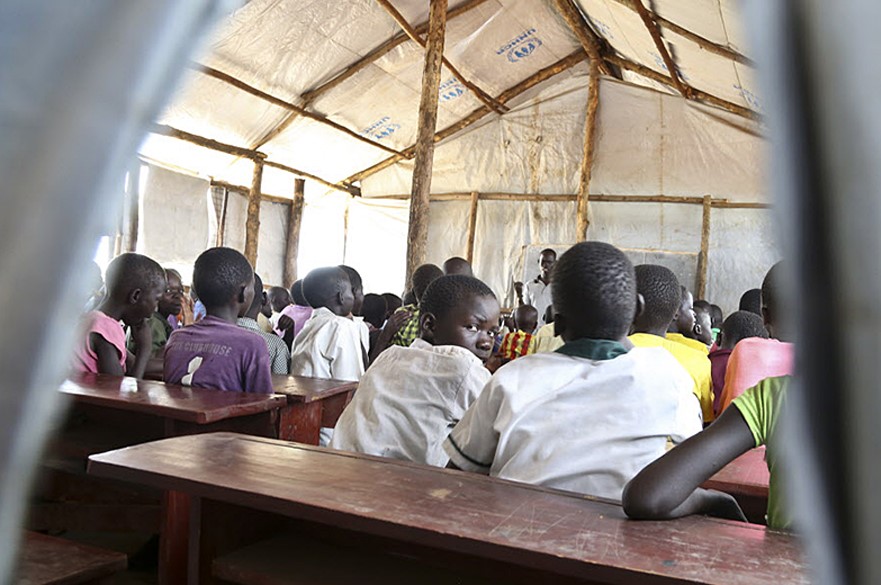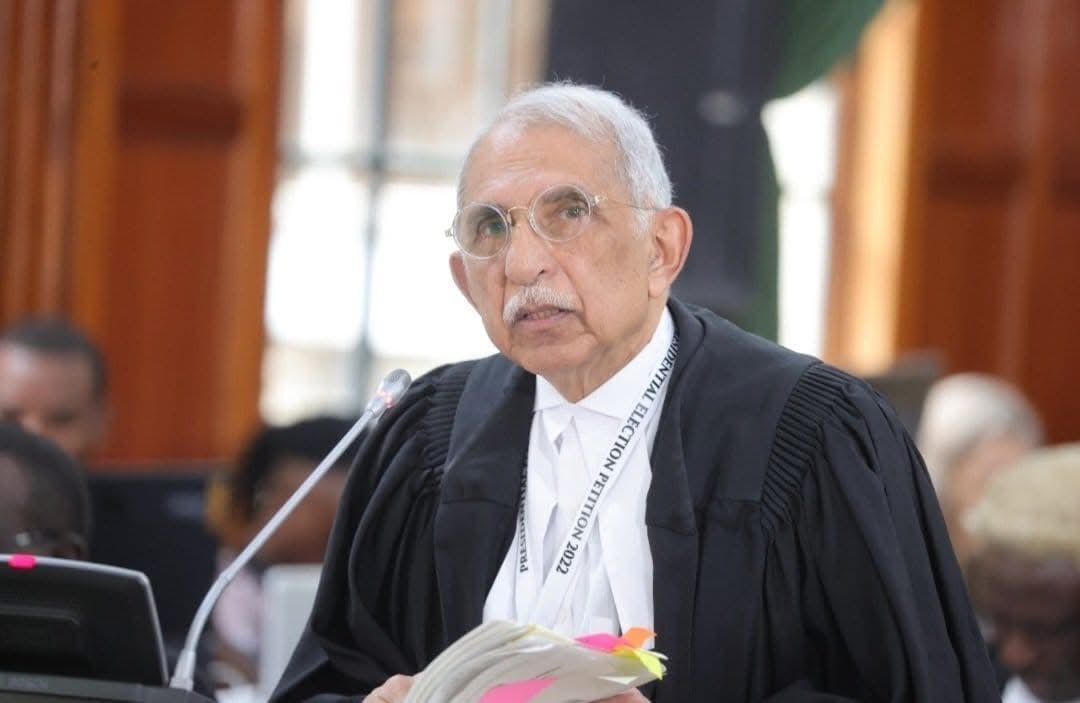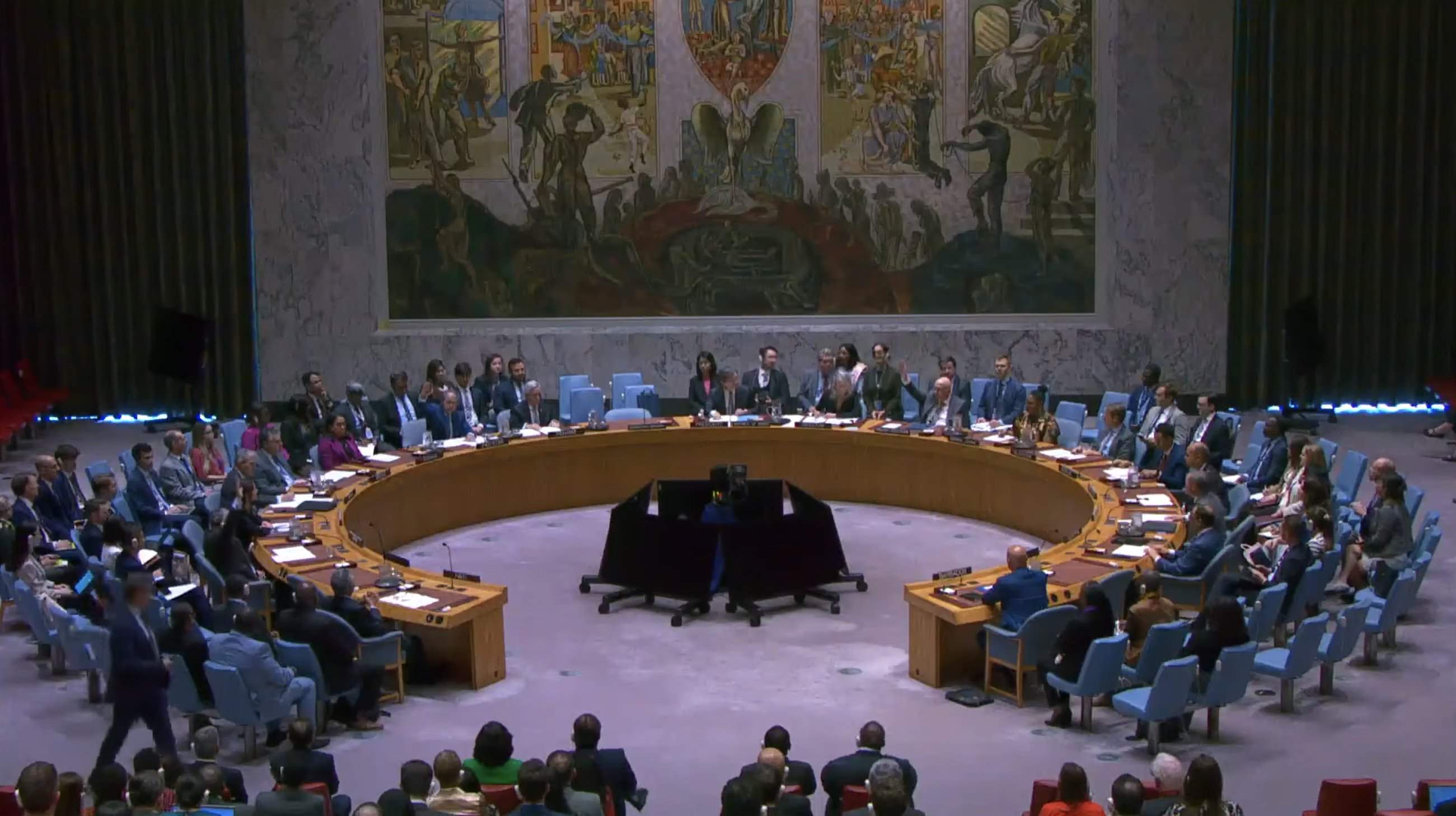Schools closed over expected heatwave in South Sudan

The country which has been experiencing high temperatures is expecting highs of between 41 to 45 degrees Celsius this week.
Schools will remain closed for at least two weeks starting Monday following an expected heat wave in South Sudan, the Ministries for Education and Health have announced.
During the children's stay at home, parents are advised to prevent them from playing outdoors and monitor them for signs of heat exhaustion and heatstroke.
More To Read
- South Sudan health system on brink as conflict and cholera spread, MSF warns
- South Sudan deploys forces to secure Heglig oil field after Sudan RSF capture
- Gunman hijacks aid plane in South Sudan, arrested after safe landing in Wau
- Sexual violence driving mass flight from Sudan to South Sudan: What you need to know
- 1,000 weapon‑wounded patients treated in South Sudan hospitals this year - ICRC
- South Sudan and Somalia eye group stage in FIFA Arab Cup 2025 qualifiers
"The state authorities are hereby directed to implement the measures in this press statement, any school that will be found open during this time, will have its registration withdrawn. The Ministry of Health and the Ministry of Environment and Forestry will continue to monitor the situation and inform the public accordingly," the joint statement signed by Yolanda Awel Deng, Minister for Health and Martin Tako Moyi, Acting Minister for General Education and Instruction states.
South Sudan which has been experiencing high temperatures is expecting highs of between 41 to 45 degrees Celsius this week.
The country projects this will lead to increased physiological stress on the human body.
"Heatwaves can acutely impact large populations for short periods, often trigger public health emergencies and result in excess mortality and cascading socioeconomic impacts like lost work capacity and labour productivity," the statement adds.
The country is further projecting that the heatwaves may further lead to declined health service delivery capacity if the heatwaves are accompanied by power shortages as they are known to do.
In a bid to save lives, the government says it has put in place a disease surveillance department to detect and respond to cases since the country has already started reporting deaths as a result of the current excessive heat.
"The awareness of the health risks posed by heatwaves and prolonged exposure to increased temperatures is necessary. Health professionals must adjust their planning and interventions to account for increasing temperatures and heatwaves. Practical, feasible and often low-cost interventions at the individual, community, organizational, governmental and society levels can save lives," the government warns.
Residents are urged to keep their bodies hydrated and their homes cool and assist each other if they feel unwell.
The weather condition is noted to pose serious health hazards to children particularly young learners and adults with underlying conditions.
Other Topics To Read
Top Stories Today














































